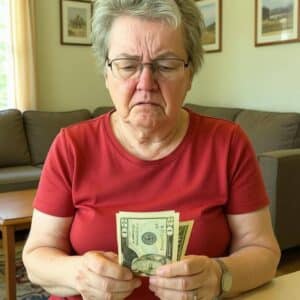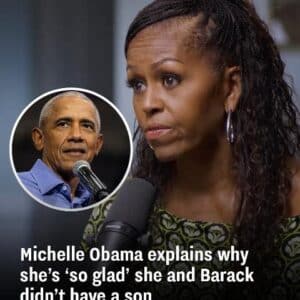Now that the white smoke has cleared, history is being written.
The Roman Catholic Church has elected Cardinal Robert Francis Prevost of Chicago as its new leader. He will be known as Pope Leo XIV and will be the first American pope in the Church’s 2,000-year history.
French Cardinal Dominique Mamberti made the dramatic announcement Thursday night from the renowned balcony of St. Peter’s Basilica, saying, “Habemus Papam!” (A pope is here!)
The 69-year-old, wearing brand-new white papal robes, entered the balcony to roaring cheers and shouts of “Viva il Papa!” from a crowded St. Peter’s Square.
White smoke! The 133 Cardinal electors gathered in the Vatican’s Sistine Chapel have elected the new Pope. He will appear soon at the central window of St. Peter’s Basilica. pic.twitter.com/XejI7mY43m
— Vatican News (@VaticanNews) May 8, 2025
From Illinois to the Vatican
Pope Leo was raised at St. Mary of the Assumption parish, which is close to Dolton, Illinois, and was born in the south suburbs of Chicago. However, his path to the pope has not been typical.
According to John Doughney, a former St. Mary’s classmate, “for him, it felt like a calling, but some of us dreamed of it as kids.”
After being ordained in 1982 and obtaining a doctorate in canon law in Rome, he served for twenty years in Peru, rising to the position of bishop of Chiclayo and even obtaining Peruvian citizenship.
Speaking Spanish and Italian fluently, Leo embodies what insiders refer to as a bridge pope—someone who can navigate the expanding diversity of the global church while preserving roots in both Latin and American traditions.
Habemus Papam! We have a Pope!
The Cardinals gathered in the Vatican’s Sistine Chapel have elected Cardinal Robert Francis Prevost as the 267th Pope, who took the name Pope Leo XIV. pic.twitter.com/7COawsKvWu
— Vatican News (@VaticanNews) May 8, 2025
Will Leo Make a Good Pope?
Leo’s first words to the world were one of humility and solidarity. According to insiders, that has always been his style.
In a previous interview, Leo stated, “The bishop is not supposed to be a little prince sitting in his kingdom.” “He is called to walk with the people, to suffer with them, and to be humble.”
In an interview with The New York Times, the Rev. Michele Falcone called him “the dignified middle of the road,” someone who could bring disparate Church factions together. In a conclave that was apparently split between conservatives and progressives, that probably helped him become a consensus candidate.
In contrast to establishment leaders like Cardinal Pietro Parolin, the Vatican’s Secretary of State and another favorite heading into the conclave, Leo was also viewed favorably by critics of Vatican bureaucracy.
Fumata bianca!!!!
Habemus Papam
Un boato dalla folla in Piazza San Pietro pic.twitter.com/ZBWSidCITk— Salvatore Cernuzio (@SalvoCernuzio) May 8, 2025
According to Sacred Heart University Professor Daniel Rober, “he might have been perceived as less tainted by internal politics.”
Leo XIV: What Does It Mean?
Pope Leo XIII, who led the Church into the modern era in the 19th century, is referenced in the new pope’s chosen name, Leo. The title might indicate that, like his predecessor Pope Francis, he intends to combine tradition with contemporary pastoral outreach, albeit with his own emphasis and tone.
Some conjectured that his selection of Francis II would have signified almost complete continuity. Instead, Leo proposes a minor change.
Robert Francis Prevost from the U.S. has been elected as the 267th Pope. pic.twitter.com/553jEdAbkp
— Pop Base (@PopBase) May 8, 2025
A Worldwide Pope, A Worldwide Conclave
With cardinals from Burma, Tonga, Cape Verde, and other recently represented countries, this year’s conclave was among the most internationally diverse in its history.
A two-thirds majority is required to elect a new pope, and after only three rounds, the threshold was unexpectedly reached by the 133 cardinals who cast ballots.
According to Mary Hallan FioRito, a fellow of the Catholic Association, “each pope brings his own distinct personality, but each papacy builds upon the last.”
Now, Pope Leo XIV assumes one of the most demanding spiritual positions on the planet: guiding more than a billion Catholics through a world that is becoming more complicated and divided.
For the time being, however, history has been made, the bells are ringing, and the crowds are cheering.





